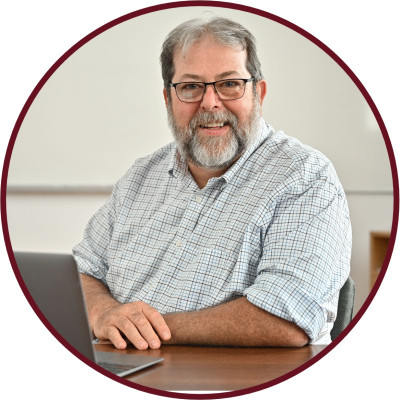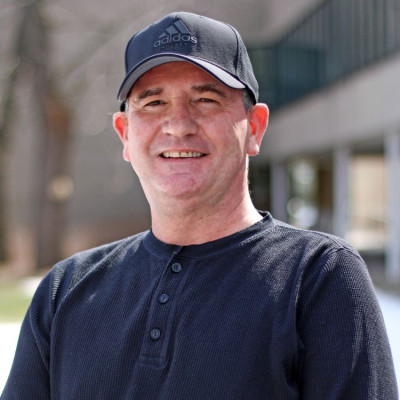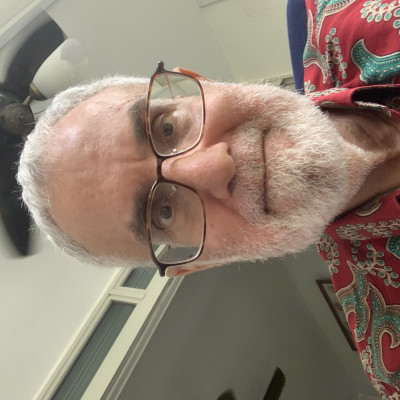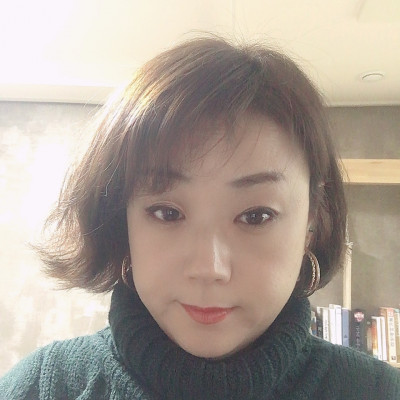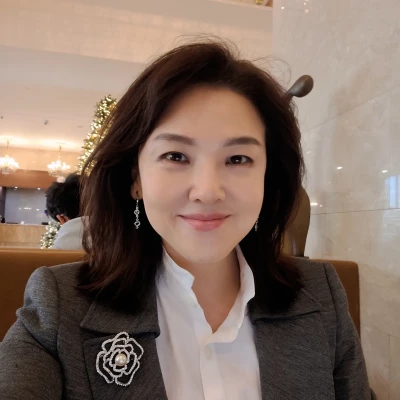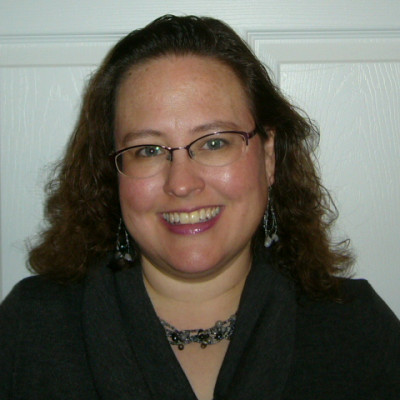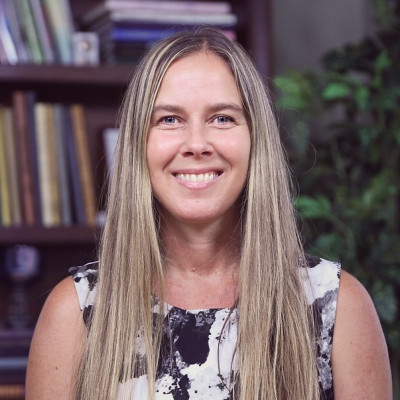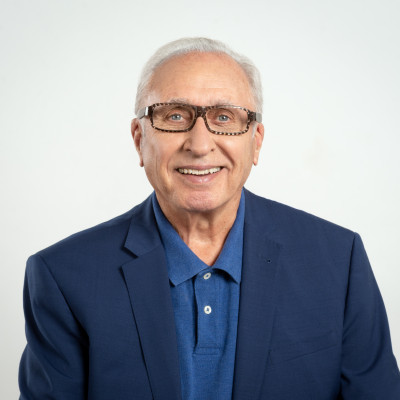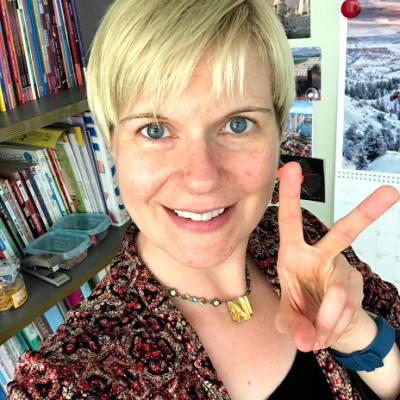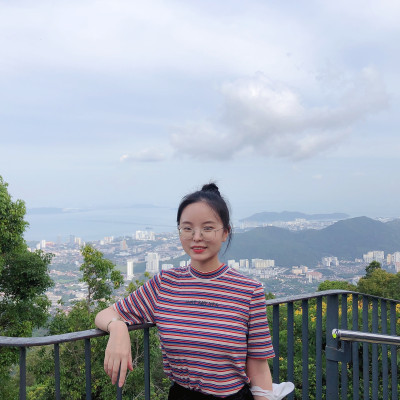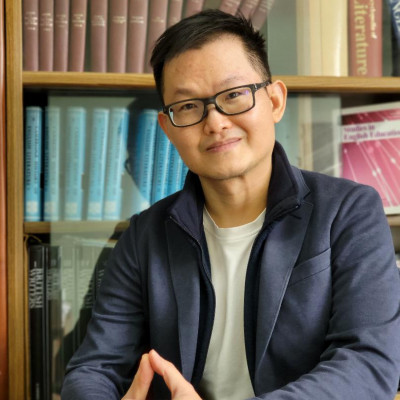Sessions / Featured/Invited
Collaborative Scenarios and Teacher Growth #3358
Plenary Session (Synchronous ONLINE)
Update! Due to technical difficulties, we've had to restart the meeting. Please copy and past the link below: https://us06web.zoom.us/j/89384993798?pwd=R2gzeUZPVzl3SFY2SHMreDd3SnpxQT09
Or use:
Room code 893 8499 3798 Password 501506
In this plenary, we will explore the difference between cooperation and collaboration while highlighting why they are important constructs for teacher growth. Taking into account what has transpired after the pandemic, we will explore the areas of our work that require collaboration. We will also analyze different roles in collaborative relationships and explore concrete collaborative activities oriented towards professional development.
Advancing Collaboration Among Teachers Through Reflective Practice #3354
Plenary Session
Gaining teaching experience as a teacher is not enough to provide automatic professional development, for we do not learn from experience as much as we learn from reflecting on that experience. Reflective practice involves instructors systematically looking at what they do, how they do it, why they do it, what the outcomes are in terms of student learning, and what actions they will take as a result of knowing all of this information. Such reflection is best completed in collaboration other teachers. Thus, experience combined with systematic reflection in collaboration with others can lead to professional growth so that we can become more effective teachers. In this plenary, I discuss what reflective practice is, how it can be accomplished, and what it can result in.
Collaboration Among Educators: Multiple Authorship in Language Education Articles #3364
Featured Session
Recent decades have witnessed burgeoning academic collaboration. As an important practice to achieve innovation and scientific progress, academic collaboration enables researchers to share work and exchange ideas, oftentimes across institutional, national, and disciplinary boundaries, and pool their resources and expertise. In response to a heavy emphasis on publishing, scholars have increasingly collaborated on publications in the form of multiple authorship. It is interesting to note that, however, patterns of multiple authorship seem to vary with discipline. This presentation will report research that describes the patterns of multiple authorship in language education using a bibliometric approach. This report also provides insights into how to enhance collaboration derived from the literature on Social Interdependence Theory (Johnson & Johnson, 2009).
Using Drawings and Metaphors to Explore Teacher Identity #3369
Invited Second Session
Knowing oneself is, undoubtedly, a crucial element in ways one interprets the nature of one’s work. In the field of teacher education and professional development, “teacher identity” has been considered as an important factor that affects how teachers make decisions in and make meaning of their profession. Teacher training and professional development should provide ways for teachers to explore their identities to address issues that tend to strengthen or hinder their teaching practice in the classroom. In order to empower teachers, this workshop will focus on how we perceive ourselves as foreign language teachers by expressing our perspectives through drawings and metaphors.
Collaborating in the Context of Korean EFL #3359
Featured Session
Collaborating has been strongly emphasized as a key concept to nurturing world citizenship among Korean EFL learners in school education since 2015 when the education policy was newly modified. This can be seen as a meaningful shift from EFL's conventional role in the past, which mainly focused on promoting learners of different levels to communicate actively. This study examines how the concept of collaboration is implemented in class activities, by teachers and by learners as well, to widen their horizons to become world citizens in the true sense.
The University of Missouri Online M.Ed. TESOL Program #3831
Learn about the second language acquisition process and enhance your teaching practice by completing a master’s degree in Learning, Teaching, and Curriculum with an emphasis in TESOL at the University of Missouri. Join this session to learn about the online M.Ed. track and hear about the experiences of students in the program. Have your questions about the curriculum and the application process answered by program faculty.
In addition to Dr. Ashcraft, a graduate and current student in the program will also be on hand:
David Blaisdell is a 2020 graduate of the TESOL program at the University of Missouri. He teaches English Language Arts at Hankuk Academy of Foreign Studies.
Exploring World Englishes to Enhance Learners' Oral Skills #3361
Invited Second Session
According to Ethnologue, there are approximately 378 million people who speak English as their first language and 743 million who speak English as an additional language. These data points tell us that our learners will likely have more interactions with people who speak English as an additional language than with “native speakers.” In this session, we’ll question the categories of “native speaker” and “nonnative speaker,” reflect on the role of English globally, and discuss features of World Englishes. Next, we’ll consider the decisions we make when establishing learning outcomes, selecting materials, and designing assessments that target English oral skills. How do we address learners’ needs, goals, and expectations while raising awareness about English as a global language? How do we prepare them for high-stakes tests while acknowledging the reality of language use in the world? During this session, we’ll evaluate perspectives about standards and find ways to bring World Englishes into the classroom through thought-provoking listening and speaking activities that promote 21st-century skills, perspective-taking, and a desire to enact positive change in the world..
Technology-Enhanced Collaboration: Possibilities and Challenges in Language Teaching and Learning #3362
Featured Session
Over the years, language teachers have tried to design diverse and innovative collaborative language learning activities around readily available technology in the hopes that it will make language learning more meaningful, fun, and efficient. Nevertheless, technology is known to facilitate and sometimes hinder various forms of collaboration among language learners in face-to-face, blended, and online learning contexts due to several technical and non-technical reasons. Moreover, language learners’ lack of knowledge and skills to work collaboratively with others often leads to “unsuccessful” collaboration. This presentation explores some of the opportunities and challenges of employing technology-enhanced collaboration and emphasizes the importance of introducing language learners to the basic principles of collaborative learning that are often taken for granted. Several examples of collaborative face-to-face and online language learning activities are used to illustrate the intricacies of collaborative language learning design and highlight some lessons learned from the language classrooms.
English as an International Language: What It Is and What It Isn't #3357
Invited Second Session
The spread of English as an international language has challenged traditional understandings of what English is and what the goals of learning and teaching English are. Concepts such as “native English speaker,” “second language learner,” “ESL,” “EFL,” and “communicative competence” have had to be revised as a result of the emergence of English as a global lingua franca. The term “English as an international language” is one of several that have gained prominence as the TESOL profession seeks to adapt to the realities of the spread of English beyond its traditional territories. In this presentation, the nature of English as an international language will be reviewed and the implications it raises for the teaching of English.
Extensive Listening and Viewing in Listening Courses #3363
Invited Second Session
Extensive Listening and Viewing, unlike the more established extensive reading approach, is still in its infancy but has gained popularity in the last decade. Yet, many continue to mix up “extensive listening” with “extended listening” and “intensive listening,” and believe that viewing and reading should not be included in foreign/second language listening activities. A reformation is necessary to make language teachers and learners aware that improving learners’ proficiency in the target language requires more than a couple of hours of intensive listening classes. This presentation will first define extensive listening and viewing and explain why they are important. It will then show how extensive listening and viewing are integrated into intensive listening courses taught at a university’s English Department in Indonesia, making students not only more aware of what they need to listen to and the techniques they can use to suit their needs and listening style, but also more motivated and confident in performing listening activities.
Laying the Foundation for Classroom Collaboration #3366
Featured Session
Research on second language acquisition highlights the critical role of interaction for language learning, and current teaching methods encourage teachers to employ collaborative learning approaches utilizing pair and group activities. Still, classroom teachers often struggle to engage learners in activities that require collaboration with their classmates for successful completion. Learners may not feel comfortable interacting with others, not know how to interact collaboratively, nor have the language to do so. This session outlines the conditions that support collaboration between learners when participating in communicative and task-based language learning. These conditions include having a sense of class community, the establishment of interactional norms, learners’ facility with interactional language, and the design of tasks that require the collaborative involvement of all learners. Participants will leave this session with practical guidance for establishing these necessary conditions in their own classrooms to enhance the level of learner-to-learner collaboration.
Collaborative Approaches to Teacher Development for Language Teachers #3356
Plenary Session
One of the greatest resources a school has is its teachers. In any school, there are teachers with varied experience, knowledge, and skills; and both the school and its teachers can benefit by learning from each other through different forms of collaborative professional development (CPD). Collaborative approaches to learning are central to current pedagogies of second language teacher education. In this presentation approaches to CPD will be discussed, including teacher support groups, lesson study, teacher research, and online professional communities, as well as the opportunities and challenges involved in implementing CPD.
Collaborating on Cross-Cultural Connections: Promise, Pitfalls, and Cosmopolitan Potential #3353
Featured Session
In an increasingly interconnected world seemingly rife with xenophobia, prejudice, and division, there is a clear need to cultivate compassionate, reflective, open-minded orientations in students. One way to do so might be via cross-cultural connections – to facilitate interaction between our students and diverse others so everyone involved can encounter a variety of perspectives and uncover “new vistas for investigation and self-discovery” (Campano, 2007, p. 19), opening up new horizons, new possibilities, and the kind of “embodied cosmopolitanism” brought about by “wonder, triggered by substantive encounters with the new” (Hansen, 2014, p. 9).
It can thus be quite beneficial for educators to team up global peers to create a cosmopolitan “third space” (Gutiérrez, 2008) where their students can interact with each other. Indeed, this kind of collaboration between classrooms can be a powerful and motivating approach to education – but it comes with potential pitfalls, as well. Having collaborated with educators around the world on online intercultural exchanges, I’ll offer in this presentation a dissection of my own experiences: the highlights, joys, and benefits, as well as the problems, drawbacks, and disappointments. The presentation will conclude with advice and suggestions for collaborating with international colleagues on online intercultural exchanges, with the ultimate aim of crafting an enjoyable, positive, uplifting experience for everyone.
Global Collaborations to Promote Language Learning and Teacher Development #3360
Featured Session
We have never been more prepared than now to harness the power of connectivity to establish global partnerships for language teaching and learning. Over the past two years, people all over the world have come together online and through phone apps to share ideas, stories, research, and art – sometimes leading to unexpected and lasting connections. During this interactive session, we’ll share our understanding of global citizenship education and how it can foster unique opportunities for language learning, teacher development, and positive social change. We’ll explore opportunities to develop virtual exchanges that engage learners, student teachers, and teacher educators through project-based learning, with a focus on the social issues they care most about in the world. Practical ideas for implementation, complete with activities using a range of multimodal platforms, will be presented.
Walking the Talk and Walking with Students Together: Teacher Authenticity #3365
Invited Second Session (Synchronous ONLINE)
Students often have high expectations of their teachers. We talk a lot about what students should do, such as completing assignments on time or starting paragraphs with topic sentences, but are we authentic, do we practice what we preach? This presentation shares a three-part procedure – one of many ways that teachers can be authentic. First, based on our own beliefs and experiences, in Part 1, we Talk to explain to students something we feel is important, such as being willing to say, “I don’t know.” In Part 2, we Walk Our Talk, letting students see and hear us doing what we talked about (e.g., admitting our ignorance to students and others). The highlight of the process is Part 3, when we encourage students to Walk Together with us, by also saying, “I don’t know.” Examples of teacher authenticity are shared from many teachers. (George M. Jacobs & Chenghao Zhu, with Jasper Roe, Qingli Guo, and Meng Huat Chau)
Jack C. Richards and Thomas S.C. Farrell in Conversation #3355
Special Invited Session
With two leading TESOL teacher educators presenting at this year’s KOTESOL conference, it seemed like an excellent opportunity to invite Professors Richards and Farrell to reflect on some of the issues they have explored over the years in their teaching, research, and writing. This session will take the form of an informal question and answer exchange between Jack and Tom as they discuss their understanding of some of the changes that the field of English language teaching has experienced over the years as well as some of the factors that are influencing current directions in both language teaching and teacher education in TESOL.
Best Practices for Facilitating Asynchronous Online Discussions #3367
Invited Second Session
The asynchronous online discussion board has been available as a tool for online instructors since the early days of online education. Even as new technological tools for online learning are developed, the discussion board remains foundational to many online classes and offers advantages to other forms of interaction. Students can become bored, though, with weekly discussion post requirements unless instructors utilize effective facilitation strategies and design discussion prompts that challenge learners to employ higher order thinking skills (i.e., to apply, analyze, evaluate, and create). Additionally, prompts should motivate learners to respond, to read what their classmates have posted, and to engage in authentic communication. In this session, participants will become acquainted with various techniques for structuring asynchronous online discussions, learn tips for facilitating these discussions, and have the opportunity to critique sample discussion prompts.
Collaborative Teaching and Learning in TEFL #3368
Featured Session
Collaboration, in any shape or form, is valuable in all contexts, including educational settings. As there are increasing demands for teachers and students to keep up with advancements in technology as well as constant changes in educational policies, collaboration seems all the more essential. Furthermore, the traditional concept of collaboration as merely working together has now been extended to strategic collaboration such as that used in cohort-based learning. It is, then, crucial to identify and discuss the types of collaboration that we can find in the English classroom focusing on what has been done and what possibilities we can consider in the Korean EFL context. As such, this presentation will focus on the various types of collaboration that form an intricate network of sharing and cooperating in the English classroom, starting with the perspective of teaching-as-coaching as a way to describe how teachers and students should work together in the classroom. Also, by means of action research in collaboration with teachers and researchers, I will discuss how professional development that is more aligned with the needs of the teachers can be provided. Finally, I will provide some examples of how teachers and students can collaborate with machine translation to enhance foreign language learning in the Korean EFL classroom.
